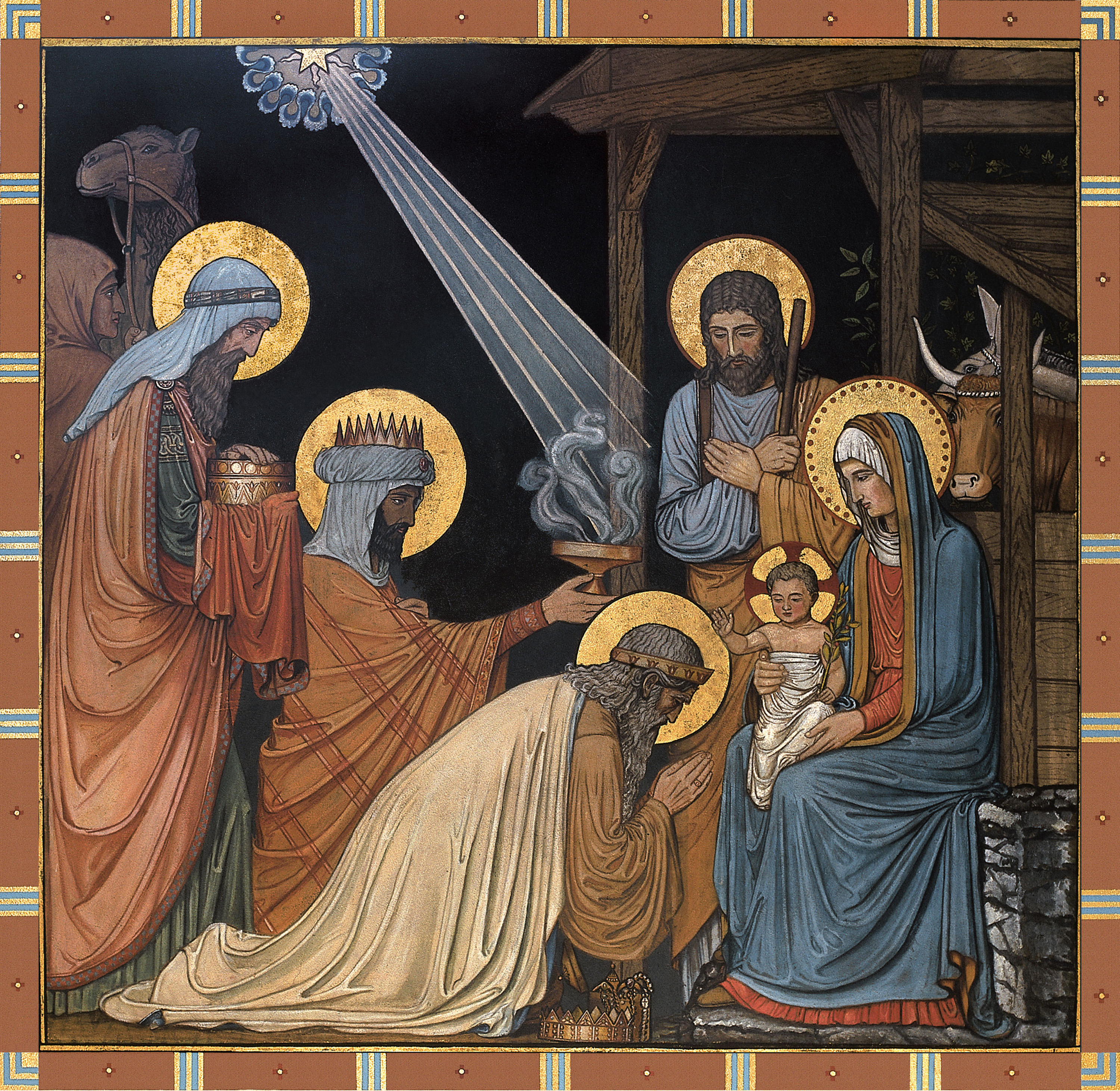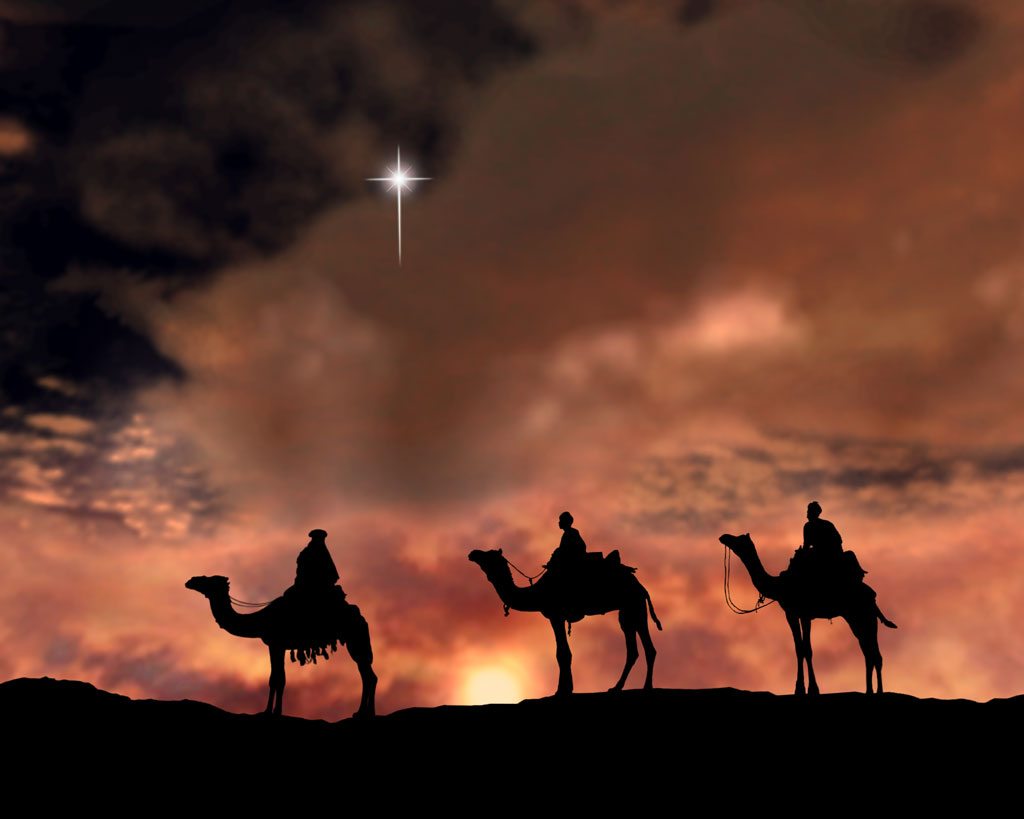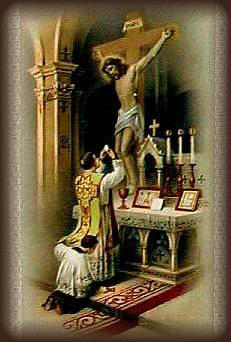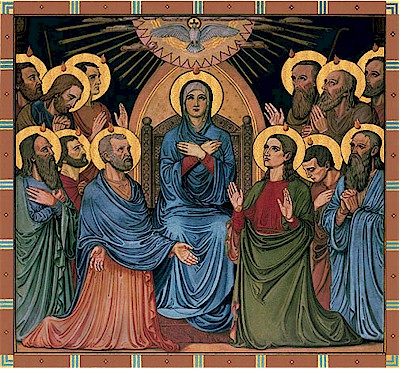The words that the Evangelist Mark recounts at
the beginning of his Gospel: "You are my beloved Son; with you I am well
pleased" (1: 11), introduce us into the heart of today's Feast of the
Baptism of the Lord with which the Christmas Season ends. The cycle of the
Christmas Solemnities leads us to meditate on the birth of Jesus, announced by
the angels who were surrounded with the luminous splendour of God; the
Christmas Season speaks to us of the star that guided the Magi of the East to the
House in Bethlehem, and invites us to look to Heaven, which opens above the
Jordan as God's voice resounds. These are all signs through which the Lord
never tires of repeating: "Yes, I am here. I know you. I love you. There
is a path that leads from me to you. And there is a path that rises from you to
me". The Creator assumed the dimensions of a child in Jesus, of a human
being like us, to make himself visible and tangible. At the same time, by
making himself small, God caused the light of his greatness to shine. For precisely by lowering himself to the
point of defenseless vulnerability of love, he shows what his true greatness is
indeed, what it means to be God.
Christmas,
and more generally the liturgical year, is exactly that drawing near to these
divine signs, to recognize them as impressed into daily events, so that our
hearts may be open to God's love. And if Christmas
and Epiphany serve primarily to render us capable of seeing, of opening our
eyes and hearts to the mystery of a God who comes to be with us, then we can
say that the Feast of the Baptism of
Jesus introduces us into the daily regularity of a personal relationship with
him. Indeed, by immersion in the waters of the Jordan, Jesus united himself
with us. Baptism is, so to speak, the
bridge he built between himself and us, the road on which he makes himself
accessible to us. It is the divine rainbow over our lives, the promise of God's
great "yes", the door of hope and, at the same time, the sign that
that indicates to us the path to take actively and joyfully in order to
encounter him and feel loved by him.
Dear friends, I am truly glad that this year too,
on this Feast day, I have been granted the opportunity to baptize these
children. God's "favour" rests on them today. Ever since the
Only-Begotten Son of the Father had himself baptized, the heavens are truly
open and continue to open, and we may entrust every new life that begins into
the hands of the One who is more powerful than the dark powers of evil. This
effectively includes Baptism: we restore to God what came from him. The child is not the property of the parents
but is entrusted to their responsibility by the Creator, freely and in a way
that is ever new, in order that they may help him or her to be a free child of
God. Only if the parents develop this awareness will they succeed in
finding the proper balance between the claim that their children are at their
disposal, as though they were a private possession, shaping them on the basis
of their own ideas and desires, and the libertarian approach that is expressed
in letting them grow in full autonomy, satisfying their every desire and
aspiration, deeming this the right way to cultivate their personality. If, with
this sacrament, the newly-baptized becomes an adoptive child of God, the object
of God's infinite love that safeguards him and protects him from the dark
forces of the evil one, it is necessary
to teach the child to recognize God as Father and to be able to relate to him
with a filial attitude. And therefore, when in accordance with the
Christian tradition as we are doing today children are baptized and introduced
into the light of God and of his teachings, no violence is done to them.
Rather, they are given the riches of
divine life in which is rooted the true freedom that belongs to the children of
God a freedom that must be educated and modeled as the years pass to render it
capable of responsible personal decisions.
Dear parents, dear godfathers and godmothers, I
greet you all with affection and join in your joy for these little ones who
today are reborn into eternal life. May you be aware of the gift received and
never cease to thank the Lord who, with today's sacrament, introduces your
children into a new family, larger and more stable, more open and more numerous
than your own; I am referring to the family of believers, to the Church, to a
family that has God as Father and in which all recognize one another as
brothers and sisters in Jesus Christ. Today, therefore, you are entrusting your
children to God's goodness, which is a force of light and love and they, even
amid life's difficulties, will never feel abandoned if they stay united with
him. Therefore, be concerned with
educating them in the faith, teaching them to pray and grow as Jesus did and
with his help, "in wisdom and in stature, and in favour with God and
man" (Lk 2: 52).
Returning now to the Gospel passage, let us seek
to better understand what is happening today. St Mark recounts that it was just
when John the Baptist was preaching on the banks of the River Jordan,
proclaiming the urgent need for conversion in view of the now imminent coming
of the Messiah, that Jesus, who was among the crowds, presented himself to be
baptized. John's Baptism is indisputably a Baptism of penance, very different
from the sacrament that Jesus was to institute. At that moment, however, the
Redeemer's mission is already glimpsed because, when he comes out of the water,
a voice comes from Heaven and the Holy Spirit descends upon him (cf. Mk 1: 10);
the heavenly Father proclaims him as his beloved Son and publicly attests to
his universal saving mission, which will be fully accomplished with his death
on the Cross and his Resurrection. Only then, with the Paschal Sacrifice, would
the forgiveness of sins be rendered universal and total. With Baptism we do not simply emerge from the waters of the Jordan to
proclaim our commitment to conversion, but the redeeming Blood of Christ that
purifies and saves us is poured out upon us. It is the Father's beloved Son, in
whom he was pleased, who regains for us the dignity and joy of calling
ourselves truly "children" of God.
In a little while we shall relive this mystery
evoked by today's solemnity; the signs and symbols of the sacrament of Baptism
will help us to understand what the Lord works in the hearts of these our
little ones, making them "his"
for ever, the chosen dwelling place of his Spirit and "living stones"
for the construction of the spiritual temple which is the Church. May the
Virgin Mary, Mother of Jesus, the beloved Son of God, watch over them and their
families and always accompany them, so that they may fully carry out the plan
of salvation that is brought into their lives through Baptism. And may we, dear
brothers and sisters, accompany them with our prayers. Let us pray for the
parents, godparents, and godmothers and for their relatives, so that they may
help them grow in faith. Let us pray for all of us here present so that, by
devoutly taking part in this celebration, we may renew the promises of our
Baptism and give thanks to the Lord for his constant assistance. Amen!
POPE BENEDICT XVI
January 11, 2009










